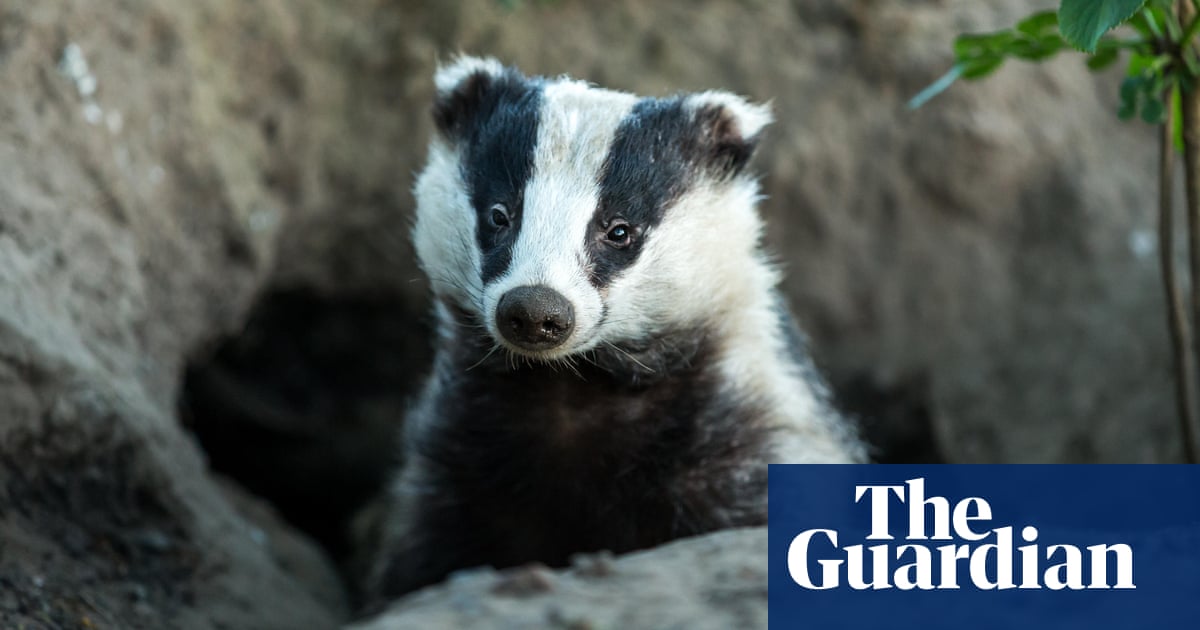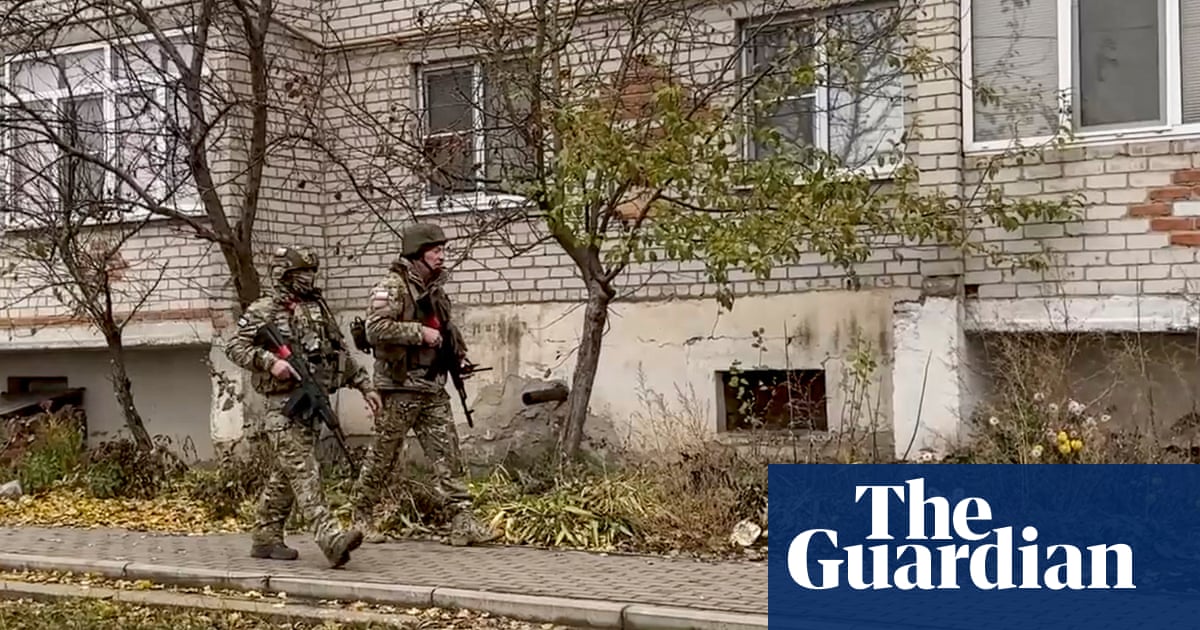Badger cull licences have been issued by the government despite its own scientific adviser saying there is “no justification” for doing so.
Leaked documents seen by the Guardian show the Department for Environment, Food and Rural Affairs this month issued 17 new licences to continue culling badgers, overruling Dr Peter Brotherton, the director of science at Natural England, the government’s adviser for the natural environment in England.
Badgers are culled to the point of local extinction because they spread bovine tuberculosis (bTB) to cattle, and the disease can wipe out entire herds. Last year, figures released by Defra revealed more than 210,000 badgers had been killed since the cull began in 2013. However, scientific reports have shown that killing badgers is not the most effective way to end the disease.
Brotherton told Defra that while in previous years a cull could be justified, “based on the evidence, I can find no justification for authorising further supplementary badger culls in 2024 for the purpose of preventing the spread of disease and recommend against doing so”.
Defra officials said that in response they were pushing ahead with the cull because farmers who were most affected by bTB would lose confidence in the government if it was ended abruptly.
Sally Randall, Defra’s director general for biosecurity, food and trade, said in a letter to Natural England: “Those most affected by the disease must have confidence in both the process and the trajectory. Changes need to be carefully timed and communicated, whilst balancing a range of potentially opposing views. Any abrupt changes to policy would seriously undermine our ability to engage constructively with the industry on future disease control interventions.”
Brotherton said the badger population was likely to remain low for at least seven years, during which time vaccinations could be deployed to stop the spread of the disease.
He told Defra: “The balance of evidence has shifted. In my opinion it is now clear that badger vaccination can provide an effective alternative to [culls].”
He added that farmers could also take effective cattle-based measures as an alternative to badger vaccinations, including enhanced testing regimes, more sensitive tests, movement controls and cattle vaccination, to stop the disease.
Tom Langton, an ecologist and badger expert who has long collected data to support the end of the cull, said: “All badger culling should stop immediately until the chaos of wasted public funds and cruel badger killing methods are properly investigated.”
He added that the leaked documents “underline a need for a reset and fresh review of bovine TB cattle testing and movement control in the coming months with fresh eyes on the issues”.
Peter Hambly, the executive director of the Badger Trust, added: “Defra must follow the scientific advice and call an immediate stop to the badger cull. Every day it delays means the slaughter of more badgers and their cubs.
after newsletter promotion
“Badger Trust can see only one reason for this decision [issuing the cull licences] – that it would upset the farming industry if they did not cull badgers. This seems to point to a politically based decision rather than a scientific one, contradicting the principles of evidence-based decision-making.”
The Labour party has previously said it would end the badger cull if it wins power. Daniel Zeichner, the shadow farming minister, said last year: “The 2018 Godfray review, the last piece of work done by the government, found that badger culling is not the answer. We’re going to make England bovine TB free by 2038, but with a range of measures that do not include culling.”
Although the former Defra secretary George Eustice promised to phase out the cull by 2025, the government last year U-turned on this, calling it an “artificial deadline” and vowing to “keep culling”.
A Defra spokesperson said: “Bovine TB is one of the most difficult and intractable animal health challenges the livestock sector in England faces today, causing considerable trauma for farmers and costing taxpayers over £100 million every year.
“We have followed a holistic approach with badger vaccination, improved cattle testing, helping farmers improve biosecurity, and working towards deployment of a cattle vaccine, alongside the current badger control policy.”



